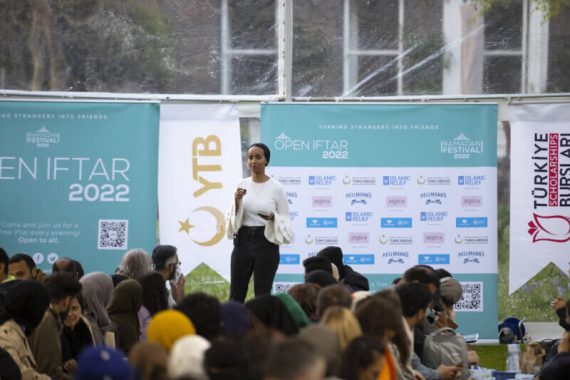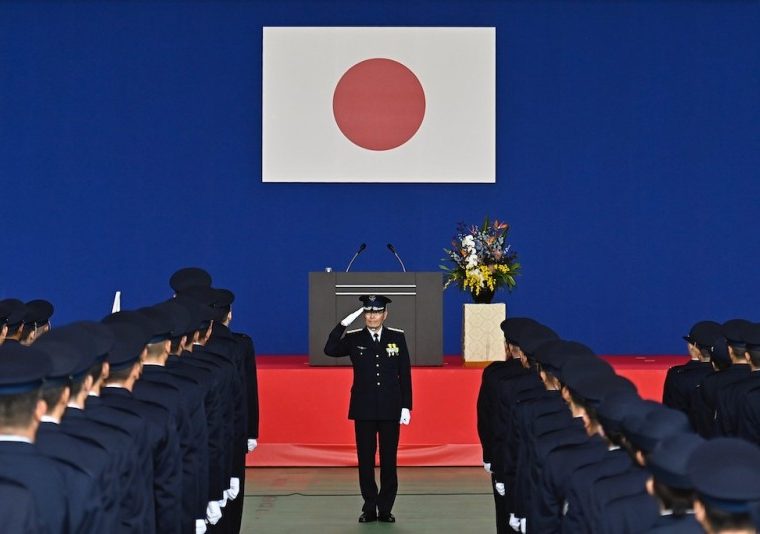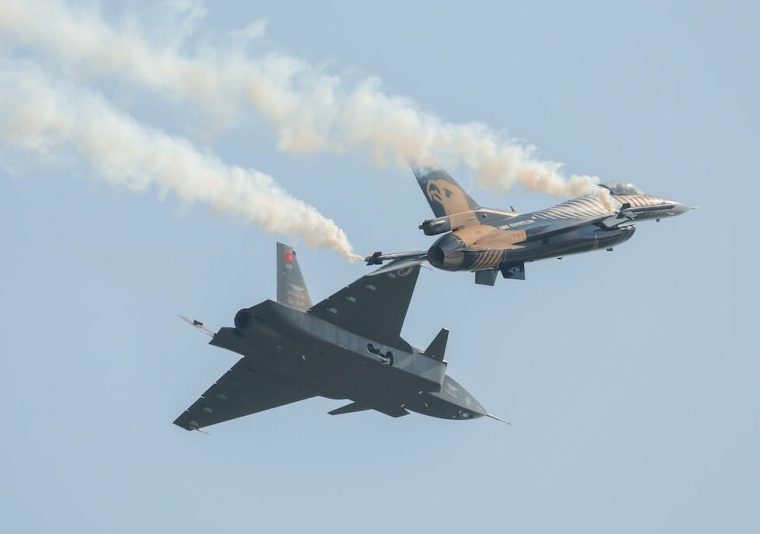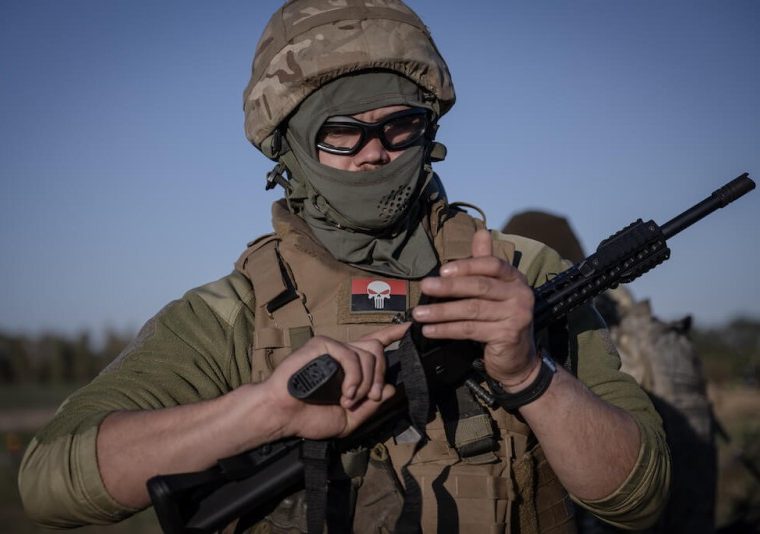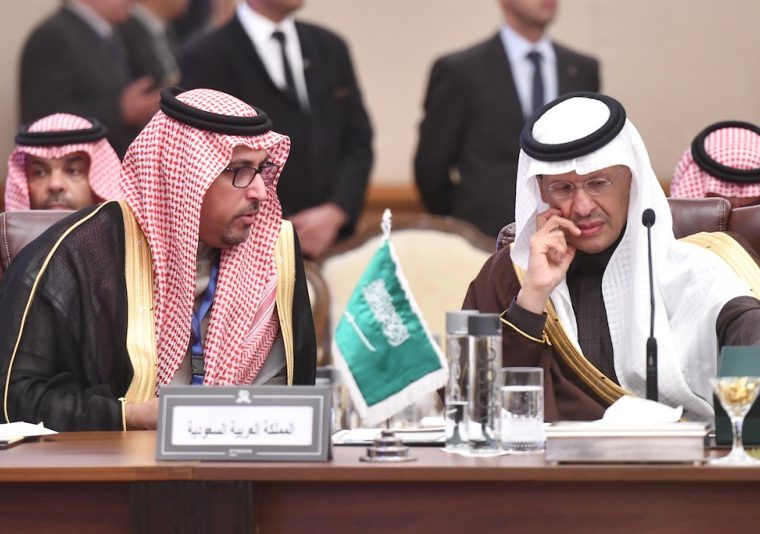I
nternational student programs play an important role in international politics as part of public diplomacy. International students have the opportunity to closely observe the cultural environments of host countries. Upon graduation, they receive the title of “voluntary ambassadors” and maintain sympathetic ties with the host country. Countries that have focused on international student programs attach great importance to international graduates for creating economic bonds, technology transfer, and academic cooperation.
Although, especially since the 1990s, Turkey has started giving more importance to its international student policy, systematic and strategic practices in this field were designed after 2010. With the initiation of the Türkiye Scholarships program of the Presidency for Turks Abroad and Related Communities (YTB), which is a very inclusive grant brand for international students, and the new regulations introduced by the Higher Education Council, the number of international students in Turkey increased significantly. The growth in the number of universities and the development of infrastructure also played a role. Today, the number of international students in Turkey has exceeded 200,000.
Now, the question is, “What is the situation with international graduates?” Universities have newly developed alumni programs, which are related to increasing awareness and policy developments about international students. Indeed, most of the Turkish universities consider international alumni within the scope of their general alumni programs. Only a few universities offer programs and activities specific to international alumni mainly including alumni reunions abroad, mentorship programs, and internship and recruitment schemes.
The Türkiye Alumni Program as a new brand of foreign policy
The most comprehensive initiative targeting international graduates is carried out by the YTB, which is the responsible government body by law in this field. The YTB, which started the first efforts regarding international alumni in 2014, launched a special program entitled “Türkiye Alumni Program” in 2017. “Türkiye Again: Great Alumni Meeting” was held in the same year with the participation of 1,000 international graduates. In order to carry out these efforts in a systematic way, the Türkiye Alumni Coordinatorship was established in 2018 within the YTB.
Thanks to the alumni pool that has expanded since then and new programs to strengthen communication with alumni, Turkey has come a long way in a short time. The YTB will host another big gathering of Turkey alumni at Türkiye Alumni Forum, to be held on January 19-20, 2023, in İstanbul, where alumni with outstanding achievements from different sectors will discuss topics from technological transformations to global economy, and climate crisis to cultural heritage.
The Türkiye Alumni Program defines international graduates as “those who have completed at least one level in secondary and higher education institutions in Turkey and/or have obtained a C1 level Turkish language certificate accepted by higher education institutions in Turkey.”
It is estimated that the total number of international graduates including those from military schools and the Police Academy, Turkish language courses, and universities exceeds 150,000 people from 184 countries. It is not surprising that the vast majority of graduates are from Turkey’s close geography with about 28 percent of graduates coming from Central and South Asian countries. This is followed by graduates from the Middle East and North Africa with a rate of 19 percent, and 14 percent graduates from the Balkans.
These percentages are followed by Sub-Saharan Africa, South Caucasus, and Russia, respectively. Beyond numbers, graduates of Turkey draw attention with their roles in world politics, economy, and technological and scientific developments. The presence of Turkish graduates among political and bureaucratic elites, CEOs of global companies, powerful researchers in technology and health companies, pioneers of environmental and social awareness movements, influential academics, artists, and journalists makes Turkey’s bilateral, regional, and global relations networks stronger.
Expanding the boundaries of people-to-people diplomacy
The alumni portal, where 120,000 graduates are registered, lays an important role in Turkey maintaining communication with its alumni, helping them in their career goals, and providing the opportunity for Turkish investors to employ local people who are familiar with Turkish culture. Apart from this, through the platform, graduates can be informed and participate in activities organized by Turkish missions in their countries. The platform also allows graduates to communicate with one another.
The YTB organizes meetings in order to strengthen communication and cooperation with international alumni. Until now, 120 alumni reunions in 56 countries have been facilitated by the YTB. These programs are generally celebrated with the participation of Turkish missions, businesspeople, home country officials, and graduates. Sometimes, events are organized where these meetings are organized thematically. Meetings of informatics graduates and healthcare graduates have been organized where sector representatives come together with international graduates. The Balkans alumni reunion was arranged in Montenegro as a regional program.
Recommended
Türkiye Alumni Awards
The Türkiye Alumni Awards is one of the most important activities carried out with the aim of strengthening the Türkiye alumni brand. Graduates who have demonstrated significant achievements in their fields are awarded in five categories: scientific and academic studies, economics and entrepreneurship, journalism and media, art and sports, and lifetime honors. The award winners, selected among thousands of graduates nominated every year, are announced to the national and international public at award ceremonies held in Turkey.
The efforts of Turkey to strengthen cooperation with alumni are certainly not one-sided. Alumni have also developed initiatives to strengthen relations between Turkey and their homelands. International graduates of Turkey have institutionalized among themselves and established 34 alumni associations, platforms, or groups in 30 countries. These efforts have become an important stage for the graduates to enhance relations between Turkey and their countries through concrete projects.
Alumni associations have started to develop collaborations that will lay the groundwork for the joint work of their countries and Turkish institutions. Alumni associations both contribute to the work of Turkish missions in the relevant countries and play a supporting role in the positive image of Turkey. In addition, they carry out various projects such as bringing people from different sectors together, expanding business networks, developing commercial activities, and promoting Turkish culture. Alumni associations have benefited from the support of YTB programs in more than 100 projects to this day.
Undoubtedly, one of the areas that will benefit the most from all these cooperation efforts is economic relations. Turkey graduates contribute more than expected to the development of economic relations between Turkey and their homelands. In recent years, Turkey has made progress in areas such as manufacturing and logistics, and graduates have a substantial share of export figures. The total foreign trade volume of the 113 Turkish graduate businesspeople, according to a recent unpublished report titled “Contribution of Turkey Graduate Businesspeople to Economic Relations,” was calculated as $345 million in 2021.
Ninety-three of these 113 businesspeople reported their import figures from Turkey as $153 million in 2021. Similar field studies in different countries, can reveal clearer figures on a sectoral basis. Considering the investment made by Turkey in the international student mobility sector, graduates contribute to the Turkish economy far more than expected. With the progress of the current international student and alumni policies, a bright future built on solid economic foundations by both Turkey and its fellow countries does not seem far away.
